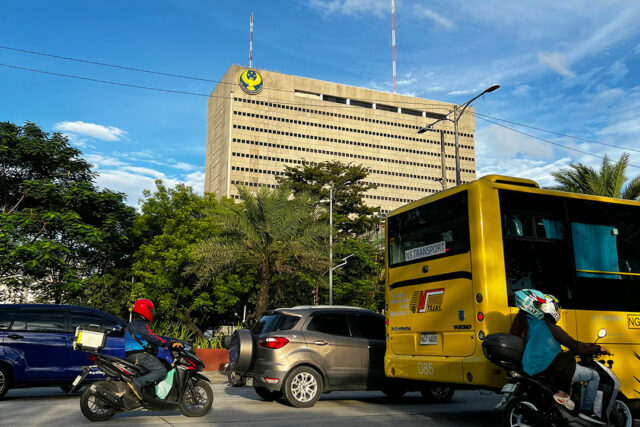Gov’t fully awards fresh 7-year Treasury bonds
By Luisa Maria Jacinta C. Jocson, Reporter
THE GOVERNMENT fully awarded fresh Treasury bonds (T-bonds) on Tuesday amid strong investor demand.
The Bureau of the Treasury (BTr) raised P30 billion via seven-year bonds it auctioned off, as bids reached P107.095 billion — more than three times the offer.
The bonds were awarded at a coupon rate of 6.125%, according to auction results posted on the Treasury website. Accepted yields ranged from 6% to 6.125% for an average rate of 6.094%.
The coupon rate was 0.22 basis point above the 6.1228% quoted for the seven-year bond on the secondary market before the auction, based on PHP Bloomberg Valuation Service Reference Rates data provided by the bureau.
“The auction received strong demand, going 3.6 times oversubscribed as total submitted bids amounted to P107.1 billion,” the Treasury said in a statement. “With its decision, the committee raised the full program of P30 billion.”
To accommodate the strong demand, BTr opened its tap facility to raise P5 billion more via the bonds.
Demand was driven by easing inflation and low global crude oil prices, Michael L. Ricafort, chief economist at Rizal Commercial Banking Corp., said in a Viber message.
Philippine inflation eased to 3.9% in December, slower than 4.1% in November and 8.1% a year earlier. This was also the slowest in nearly two years.
The Bangko Sentral ng Pilipinas (BSP) expects inflation to average 3.7% this year and further ease to 3.2% in 2025. Last year, inflation averaged 6%.
Mr. Ricafort said the market is anticipating signals of a possible rate cut by the central bank.
Monetary Board member and former Finance Secretary Benjamin E. Diokno last week said the central bank might cut borrowing costs by as much as 100 basis points later this year to keep in step with the US Federal Reserve.
BSP Governor Eli M. Remolona, Jr. earlier said the central bank would only consider cutting key rates once inflation settles firmly within the 2-4% target.
BSP hiked rates by 450 bps from May 2022 to October 2023, bringing the key rate to a 16-year high of 6.5%. The Monetary Board is set to meet on Feb. 15.
“After recent hints of a possible local policy rate cut, the Fed dot plot already showed a 75-bps possible rate cut for 2024, but the markets priced in a possible larger Fed rate cut of about 150 bps for 2024,” Mr. Ricafort said.
Markets widely expect a rate cut at the Fed’s March policy meeting. The Fed has raised rates by 525 bps since March 2022 to 5.25-5.5%.
“Demand was quite strong as investors seem to welcome news of a drop in vegetable prices, which may help incoming inflation data,” a trader said in a text message.
The Treasury bureau plans to raise P195 billion from the domestic market this month — P75 billion via T-bills and P120 billion through T-bonds.
The government borrows from local and foreign sources to help fund its budget deficit, which is capped at 5.1% of the gross domestic product this year or P1.39 trillion.












